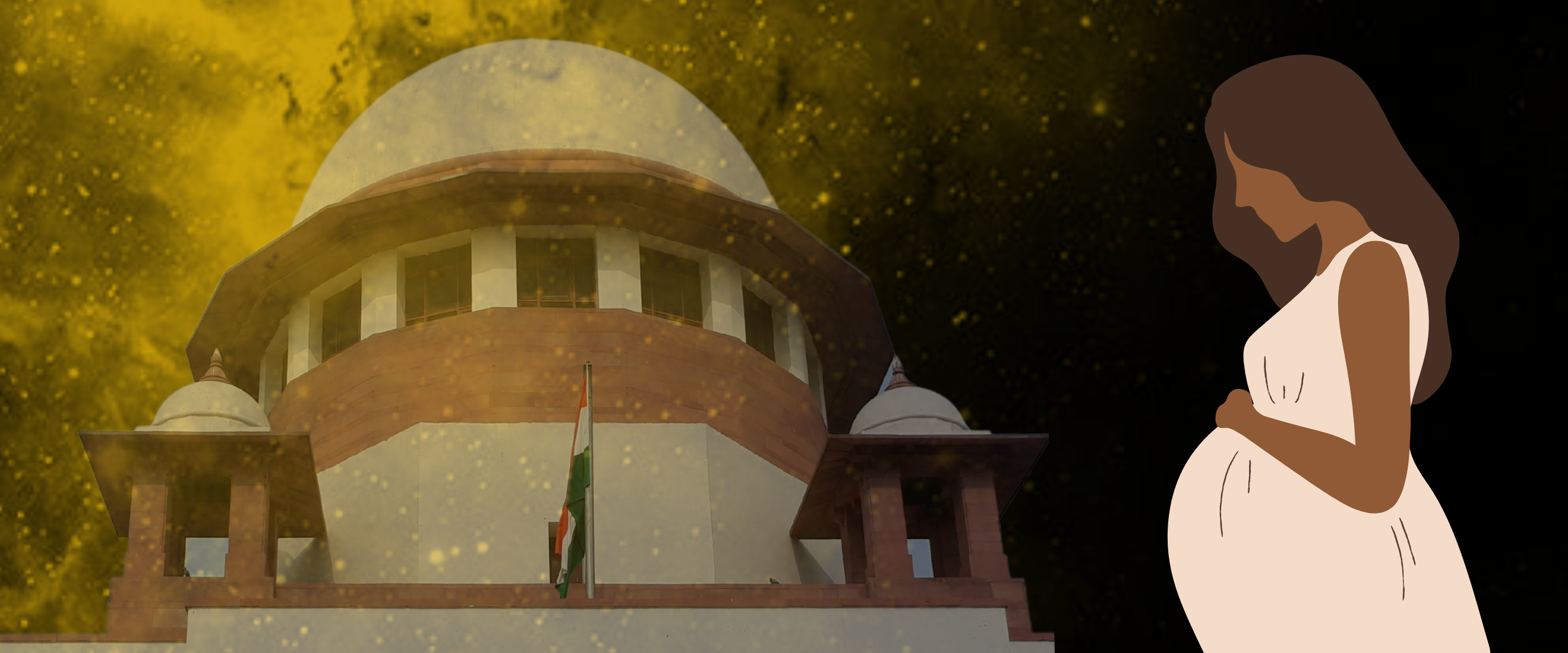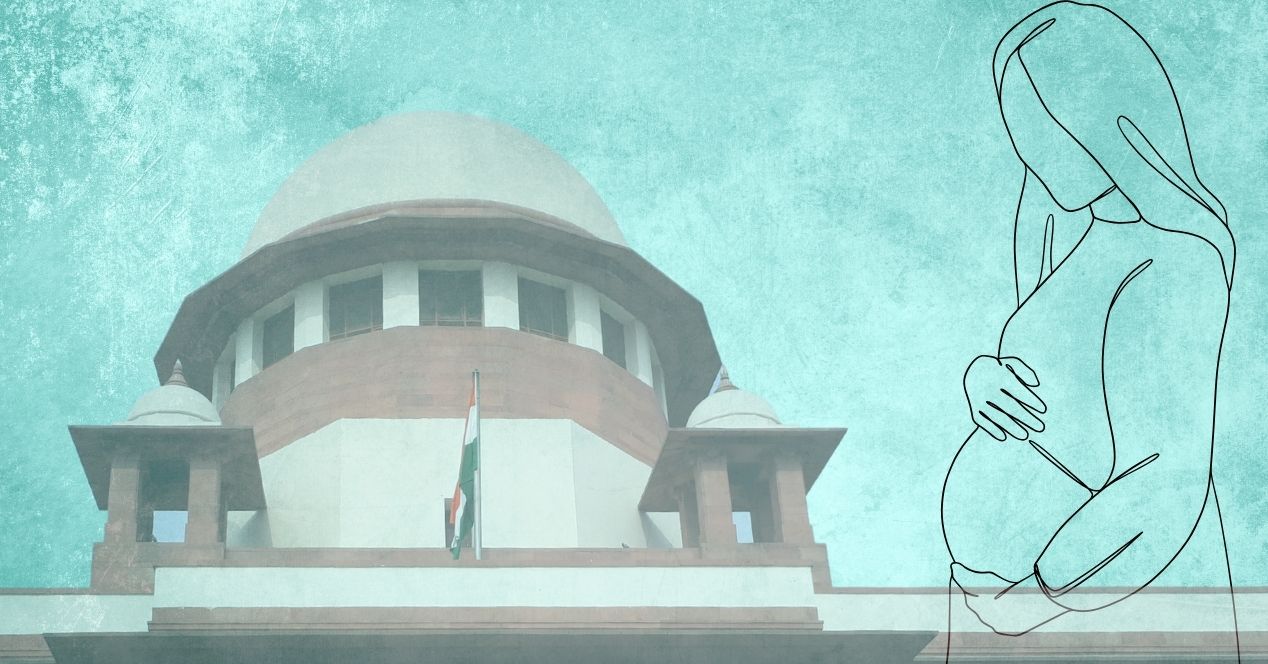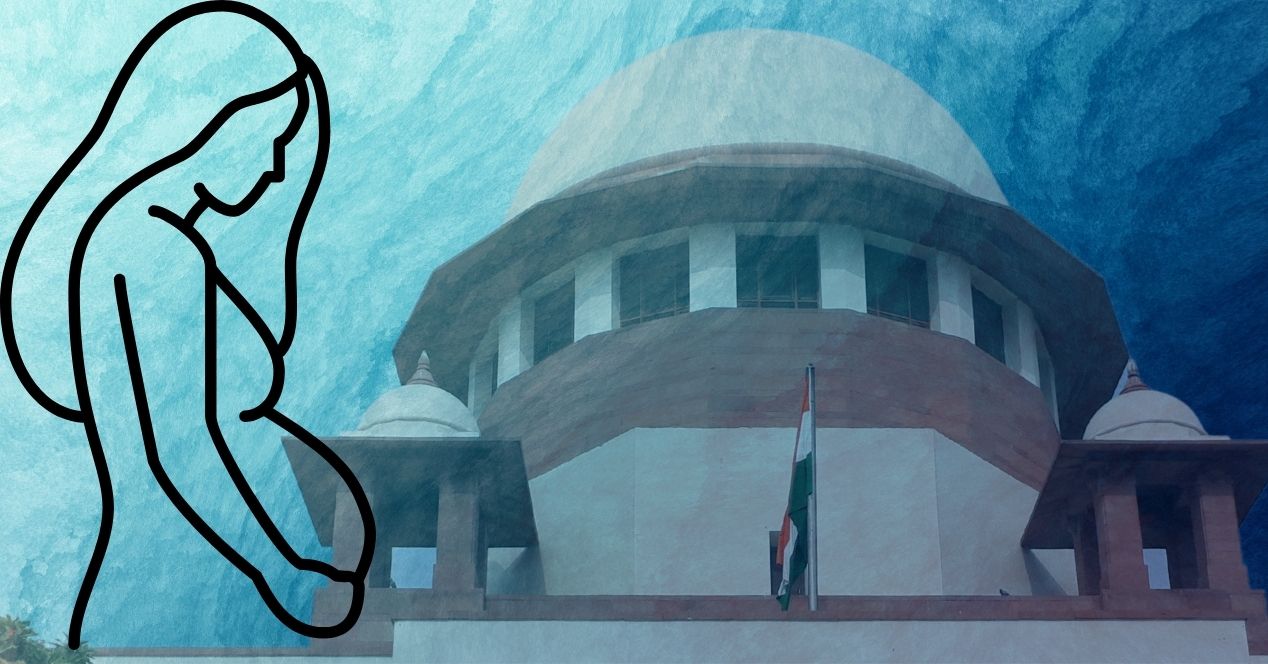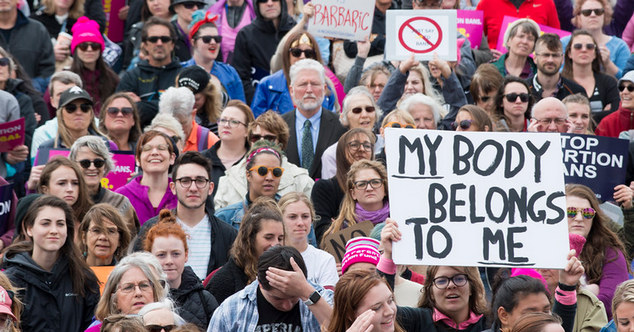Analysis
“Averse” to stilling heart of a viable foetus: Supreme Court rejects plea for termination of 26-week pregnancy
The Chief's 3-judge bench held that with no danger to mother and no foetal abnormalities, termination cannot be permitted beyond 24 weeks

Today, the Supreme Court rejected a plea for termination of a 26-week pregnancy on the grounds that there was no danger to the mother, and that there were no substantial foetal abnormalities, qualifying the plea under the Medical Termination of Pregnancy Act, 1971 (MTP Act). Despite the AIIMS report that the petitioner was suffering from postpartum psychosis, which included suicidal tendencies, the Bench appeared unconvinced by the threat to her life.
A three-judge bench comprising Chief Justice D.Y. Chandrachud and Justices J.B. Pardiwala and Manoj Misra held that though Article 142 gives the Court the power to do complete justice, “this power cannot be attracted at every case.”
In the previous hearing, the bench has sought a report from the All India Institute of Medical Sciences (AIIMS) on “Whether the foetus is suffering from any abnormality” and to conduct an “independent evaluation of the mental and physical condition of the petitioner”.
The case was first heard in the morning, where CJI Chandrachud read the key parts of the AIIMS report. The report stated that the petitioner had been suffering from postpartum psychosis, and that she has been taking medication, but that it hadn’t affected the child adversely. Their tests had not revealed any abnormalities in the child. The doctors at AIIMS had prescribed an alternative treatment regime for the petitioner, to ensure the mother and the foetus was unharmed.
Mishra: Petitioner is physically, emotionally, medically, economically unable to nurture the child
Appearing for the petitioner, Advocate Amit Mishra said that the expression “life” under Section 5 of the MTP Act must be read liberally, not unlike the broad interpretation of “life” under Article 21 of the Constitution. Chief Justice Chandrachud immediately began to explain why that was not possible. Though he agreed that the word should not be limited to “physical life”, there must at least be a danger to mental life, he said. Reading “life” under the MTP Act as broadly as under Article 21 would defeat the purpose of Section 3 of the Act.
The CJI said that Mishra was asking the Court to read “life” in the MTP Act to mean “anything that makes the life of the woman meaningful”, which she should be the sole judge of. Would that mean she would be given the “overriding” power to terminate her pregnancy even at 35, 36 weeks, he asked.
Gonsalves: stopping the foetal heart is part of every abortion procedure
Senior Advocate Colin Gonsalves submitted an intervention application. He argued that in international law today, unborn children have no rights, as it is not a person yet. In contrast, the rights of a living woman were far more crucial.
In the previous hearings, the Court had shown great apprehension to issue an order where the heart of a viable foetus would be stopped to terminate the pregnancy. A letter written by Dr. K. Aparna Sharma, member of the AIIMS Medical Board constituted by the Court and person tasked with performing the abortion procedure, had also warned that stopping of a viable heart would be foeticide. Gonsalves reminded the Court that all abortion procedures require the medical stilling of the heart. This is a policy of the government, which did not require the authorisation of the Court, he said.
The Court asked him if this meant that a woman may terminate her pregnancy even at the later stage of 33 or 34 weeks. Citing international standards that consider a time limit obsolete, Gonsalves said that with modern technology, termination after 33 weeks can be done safely.
“Why should we implement international [standards]? We have our own laws” the Chief Justice said. He explained that these arguments were valid in a broader challenge to the MTP Act—not in a situation where the Indian law was clear. “It is easy to criticise your own country”, the Chief said, referring to the overturning of Roe v Wade. In the previous hearings as well, Chief Justice D.Y. Chandrachud had indicated that India’s laws on medical termination of pregnancy were progressive.
Supreme Court: If medical termination is conducted at this stage, doctors would be faced with a viable foetus
In the hearings after the lunch, the three-judge bench delivered its judgement. Not factoring in Gonsalves’ explanation that all abortions require the stilling of the foetal heart, the Court said that it is “averse to issue a direction” to terminate heartbeat. The bench also recognised that this was not in line with the petitioner’s plea.
AIIMS was directed to conduct the delivery at full term, and the Union to assist in any way required if she chose to put the child up for adoption.




